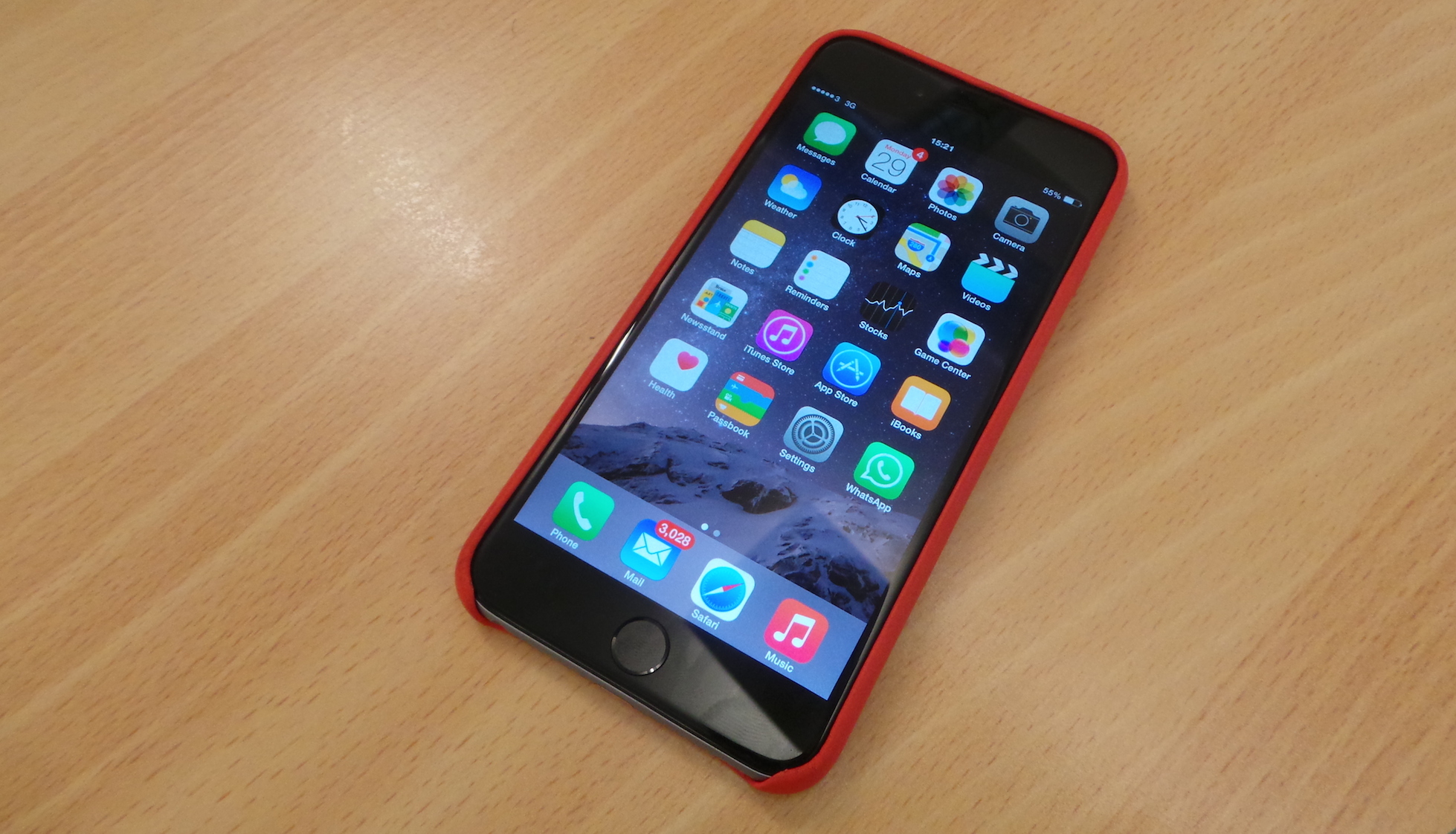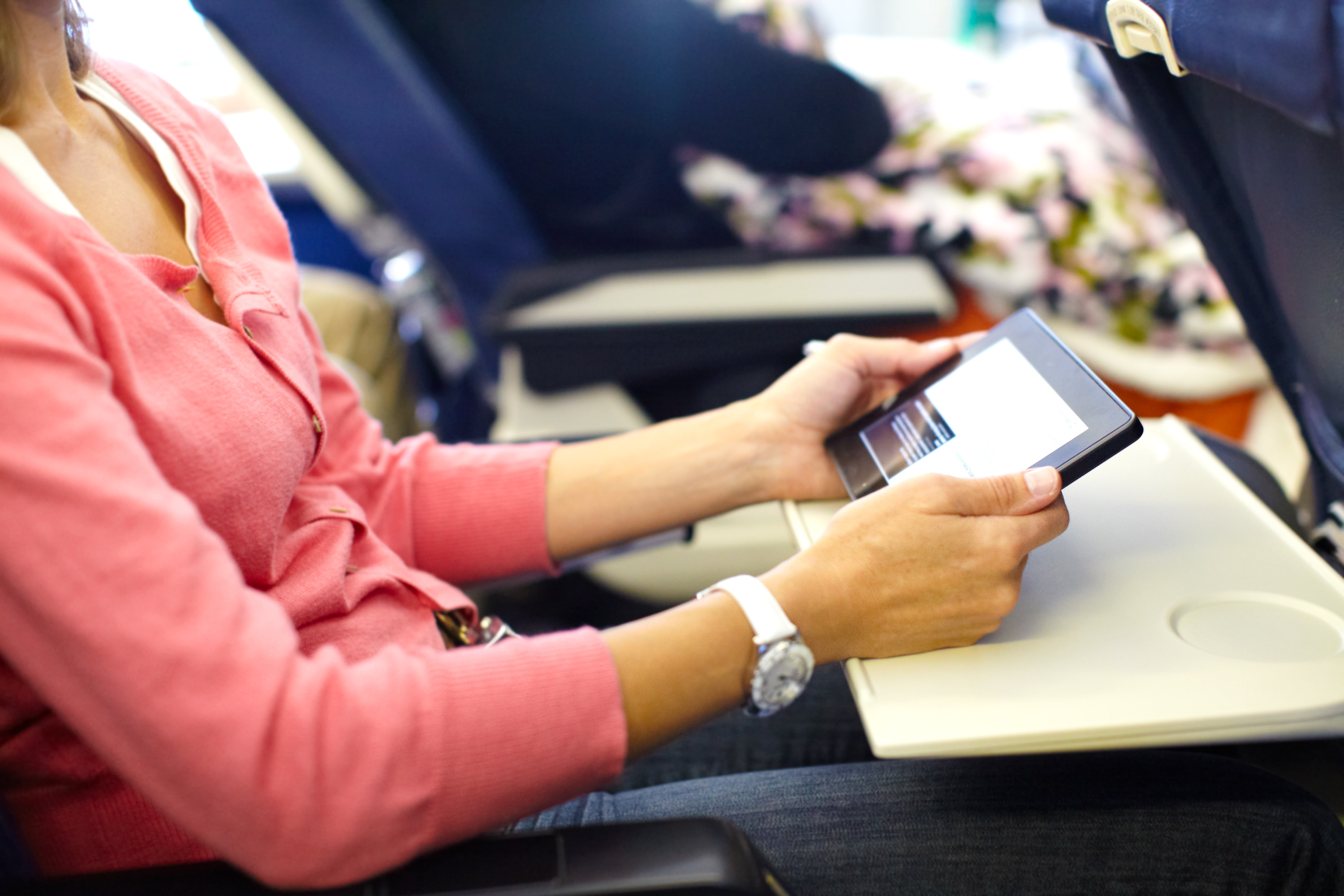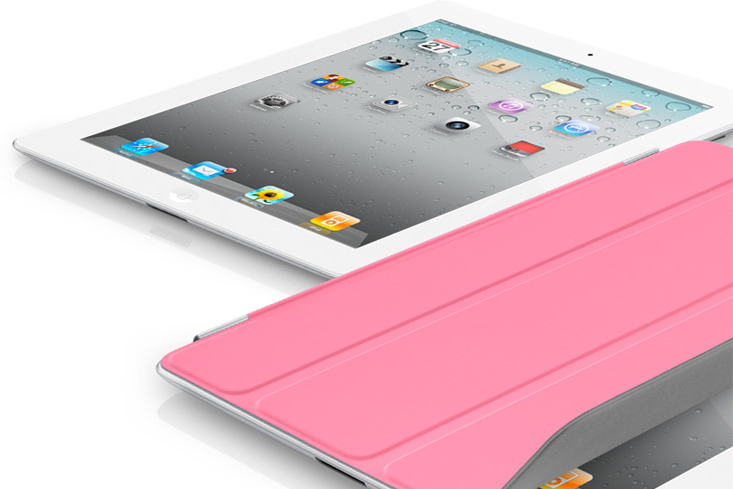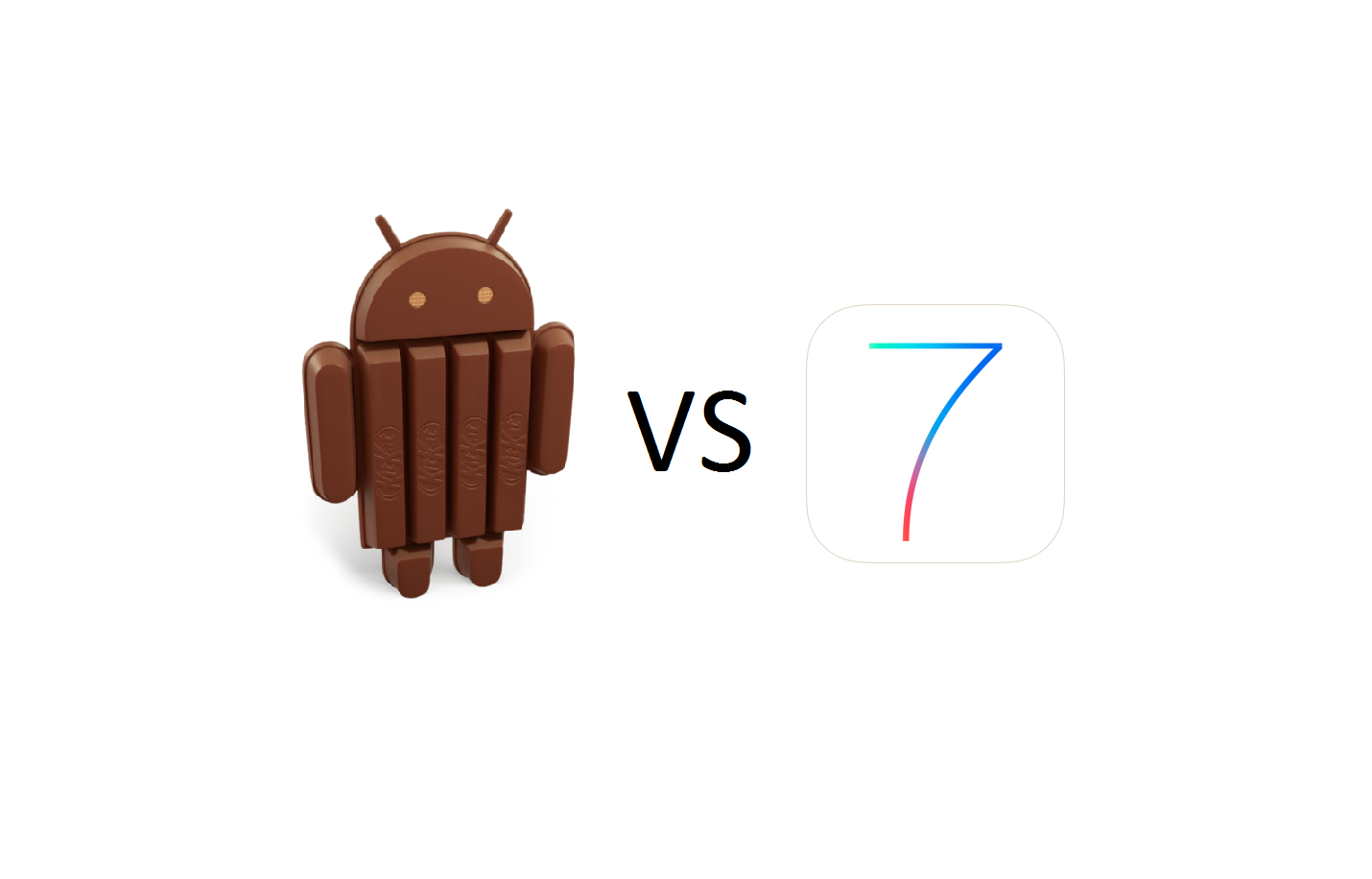iPhone 6/6 Plus fuel 26 per cent smartphone sales jump for Apple
Samsung loses huge market share in China, while Apple’s iPhone 6 sales continue unabated

Apple iPhone sales shot up by 26 per cent during the autumn, while Samsung lost more than a quarter of its Chinese market share, according to Gartner.
The smartphone rivals experienced contrasting fortunes between July and September this year, the analyst house found, as Apple sold eight million more smartphones worldwide than it did during the same period in 2013, taking it to 38 million overall.
Samsung retained its crown as king of smartphone sales by selling 73 million devices over the period, but conceded eight per cent of its global market share due to a 28.6 per cent plummet in China.
Gartner attributed Apple's success to the introduction of the iPhone 6 and iPhone 6 Plus, its larger-screen models.
"Over the holidays we expect record sales of the iPhone 6 and iPhone 6 Plus," said research director Annette Zimmermann.
But she warned the industry not to ignore the increasing influence of Chinese players, with three of the top five vendors coming from the country: Huawei, Xiaomi and Lenovo.
"We should not underestimate the Chinese vendors and local brands," she said. "Chinese players will continue to look at expanding in overseas emerging markets. In Europe, prepaid country markets and attractive [low]-cost LTE phones will also offer key opportunities for these brands."
Get the ITPro daily newsletter
Sign up today and you will receive a free copy of our Future Focus 2025 report - the leading guidance on AI, cybersecurity and other IT challenges as per 700+ senior executives
The statistics, released today, showed tight competition between those Chinese firms, though Xiaomi a debutant on the top five smartphone vendor list enjoyed the most growth of all five firms, at 336 per cent to lead its native market.
Despite the success of the iPhone, Apple did little to close the gap on the Android operating system with its own iOS.
Open source Android, whose 5.0 iteration Lollipop is now available, accounted for 250 million smartphones worldwide, compared to 38 million iPhones, increasing its market share by 22 per cent.
BlackBerry lost a whole percentage point in market share to leave it clinging on with 0.8 per cent, while Microsoft's Windows Phone lost 0.6 per cent of its market share, falling to three per cent.
Zimmermann said: "Microsoft needs to keep the momentum going from the third quarter, when Windows Phone-based devices grew quarter-on-quarter thanks to the introduction of more mid-range devices."
Gartner expects smartphone sales to total 1.2 billion units this year, and estimates that nine out of 10 phones will be smartphones by 2018.
They accounted for 66 per cent of the total mobile phone market in the third quarter of 2014, with feature phone sales declining 25 per cent because of competition from low-cost Android smartphones.
-
 Should AI PCs be part of your next hardware refresh?
Should AI PCs be part of your next hardware refresh?AI PCs are fast becoming a business staple and a surefire way to future-proof your business
By Bobby Hellard
-
 Westcon-Comstor and Vectra AI launch brace of new channel initiatives
Westcon-Comstor and Vectra AI launch brace of new channel initiativesNews Westcon-Comstor and Vectra AI have announced the launch of two new channel growth initiatives focused on the managed security service provider (MSSP) space and AWS Marketplace.
By Daniel Todd
-
 Software engineers are in for a rough ride as AI adoption ramps up – 80% will be forced to upskill by 2027 as the profession is transformed
Software engineers are in for a rough ride as AI adoption ramps up – 80% will be forced to upskill by 2027 as the profession is transformedNews The technology will create new roles throughout software engineering and operations, the firm said
By George Fitzmaurice
-
 IT spending could reach £3.5 trillion in 2017
IT spending could reach £3.5 trillion in 2017News Enterprise software will record 7.5% growth, predicts Gartner
By Adam Shepherd
-
 Skills gap listed as major challenge in Hadoop takeup
Skills gap listed as major challenge in Hadoop takeupNews Research by Gartner said only 26 per cent of respondents claim to be either deploying, piloting or experimenting with Hadoop
By Clare Hopping
-
 Tablet sales set for slow 2015, predicts Gartner
Tablet sales set for slow 2015, predicts GartnerNews Why Gartner thinks Windows Phone will grow faster than Apple’s iOS
By Joe Curtis
-
 Gartner: Extreme transformation is on the horizon for some leaders
Gartner: Extreme transformation is on the horizon for some leadersNews PPM leaders must prepare for extreme transformation, according to the analyst firm
By Rene Millman
-
 Salesforce leads growth of worldwide software market
Salesforce leads growth of worldwide software marketNews Gartner's study shows the worldwide software market grew by 4.8 per cent in 2013
By Clare Hopping
-
 iPad 2 replaced by iPad 4 as Apple's entry-level tablet
iPad 2 replaced by iPad 4 as Apple's entry-level tabletNews iPad 4 becomes Apple's entry-level tablet, as it axes iPad 2 from line-up
By Clare Hopping
-
 Android beats iOS for world's most popular tablet OS title
Android beats iOS for world's most popular tablet OS titleNews However, Apple still rules the roost when it comes to device sales.
By Caroline Donnelly